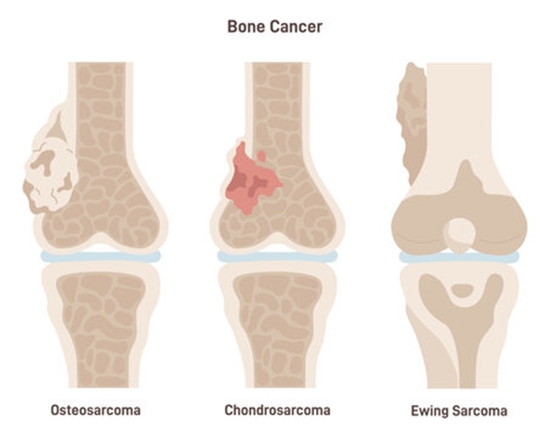یک گزارش موردی
تشخیص و مدیریت میوکاردیت مرتبط با سرطان در یک زن جوان
این گزارش در مورد یک دختر ۱۹ ساله است که به نوع نادری از سرطان به نام سارکوم یوئینگ خارج استخوانی مبتلا شد.

این بیمار تحت یک دوره شیمیدرمانی قوی قرار گرفت که متأسفانه باعث بروز مشکلی در قلبش به نام میوکاردیت (التهاب عضله قلب) شد . از مشکلات ناشی از این بیماری می توان به تنگی نفس و ضعف در عملکرد قلب او اشاره کرد. در ابتدا پزشکان برای درمان نارسایی قلبی داروهایی معمول را تجویز کردند، اما حال او بهتر نشد. پس از انجام آزمایشهای بیشتر و تشخیص دقیقتر، پزشکان تصمیم گرفتند به او ایمونوگلوبولین وریدی (IVIG) بدهند که یک نوع درمان برای تقویت سیستم ایمنی است. خوشبختانه، پس از این درمان، وضعیت قلب او بهبود پیدا کرد و عملکرد قلبش از ۳۰-۳۵٪ به ۵۰٪ افزایش یافت.
این گزارش نشان میدهد که تشخیص و درمان به موقع این مشکل قلبی میتواند از آسیبهای بیشتر جلوگیری کند. همچنین، این مورد به پزشکان یادآوری میکند که ایمونوگلوبولین وریدی ممکن است یک گزینه درمانی خوب برای جوانانی باشد که دچار این نوع التهاب قلبی میشوند.
Diagnosis and management of cancer therapy-related myocarditis in a young female: A case report and review of literature
Abstract
Background: The treatment of choice for Extra-osseous Ewing's sarcoma/primitive neuroectodermal tumor (ES/PNET), a rare neoplasm, is the VAC/IE regimen. This regimen includes Doxorubicin, Vincristine, Cyclophosphamide, Ifosfamide, and Etoposide, all of which have cardiotoxic effects. Myocarditis, a potentially threatening side effect following cancer therapy, can be accurately managed and diagnosed.
Case presentation: In the current study, we report the case of a 19-year-old female with a mass on the abdominal wall, diagnosed with ES/PNET. She was treated with the VAC/IE regimen. A month after the last session of chemotherapy, she experienced dyspnea. Upon evaluation, a high level of troponin and a low left ventricular ejection fraction (LVEF) were detected via transthoracic echocardiography. She was treated with anti-heart failure drugs, but the response was unsatisfactory. The possibility of Cancer therapy-related myocarditis was suspected, and cardiac magnetic resonance imaging (CMR) confirmed acute myocarditis. This patient exhibited a significant response to intravenous immunoglobulin (IVIG), with her LVEF improving from 30-35% to 50% within three months.
Conclusion: In this case, based on negative tests and the absence of viral signs and symptoms, Cancer therapy-related myocarditis is highly suspected as the cause of myocarditis. This case underscores the importance of accurately utilizing CMR as a non-invasive method for diagnosing myocarditis. It effectively highlights the identification of reversible myocarditis with appropriate treatment and the notable response to IVIG, suggesting its potential as a favorable treatment for myocarditis in younger patients.
Keywords: Anthracyclines; Cardiotoxicity; Chemotherapy; Ewing; Myocarditis; Sarcoma.
© 2024. The Author(s).


.png)
.png)
ارسال نظر